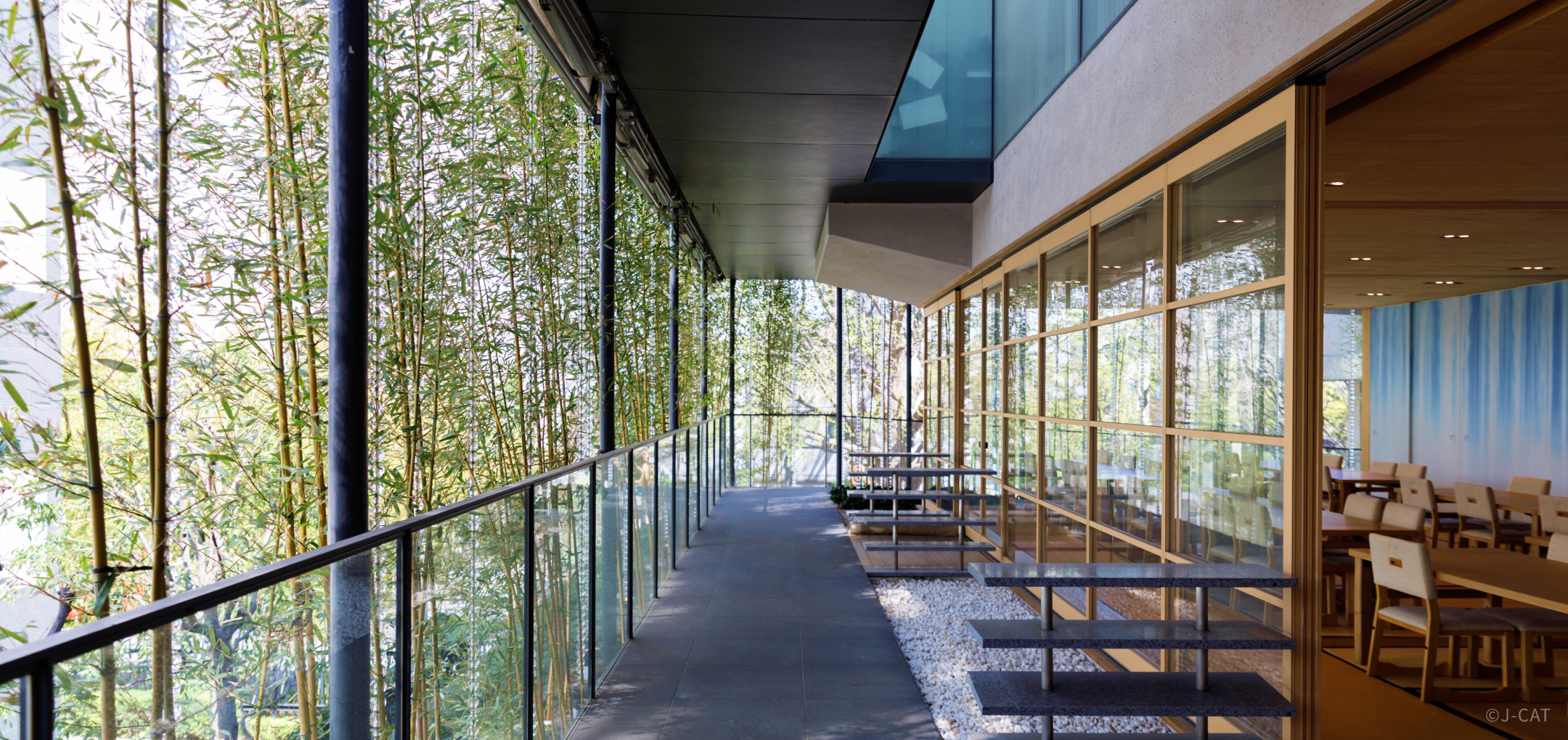
Special Experience
Tokyo
Experience a Tea Ceremony at Ekoin Temple with Traditional Tea Utensils and Works of Art Crafted by Master Artisans
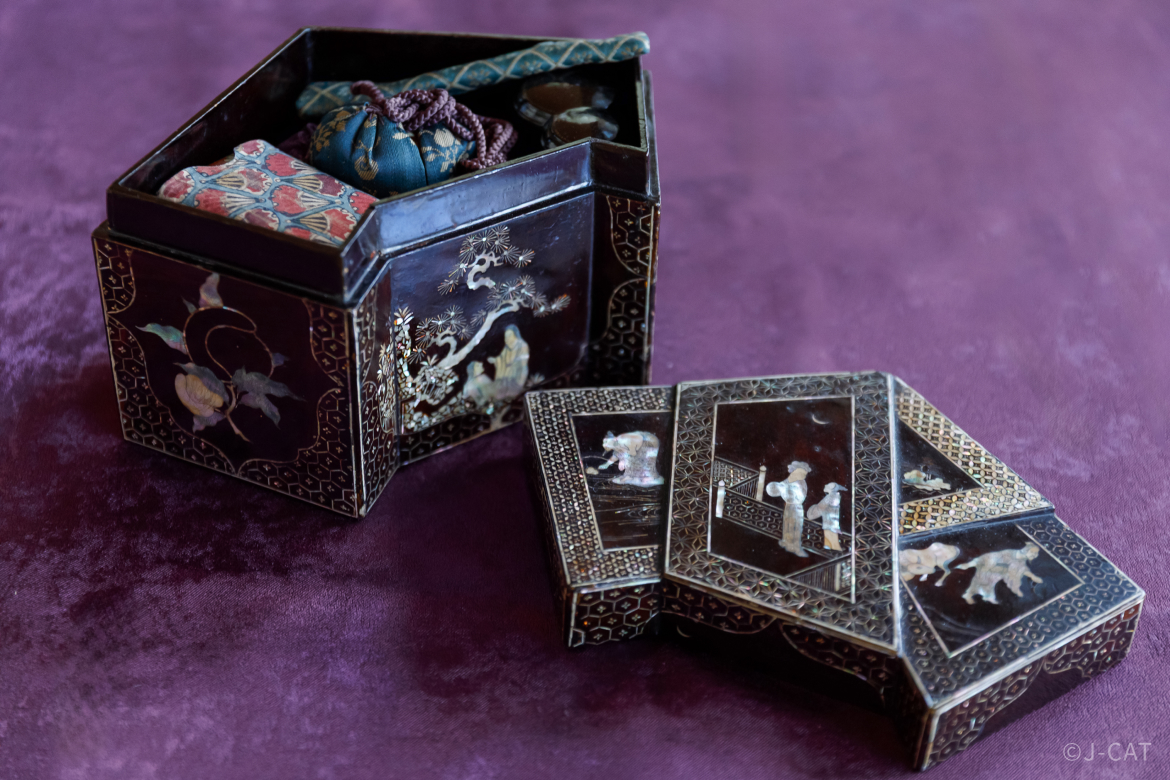
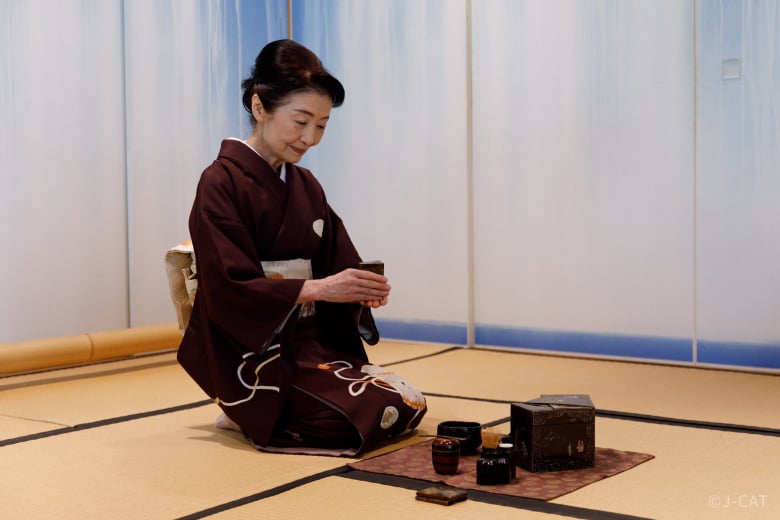
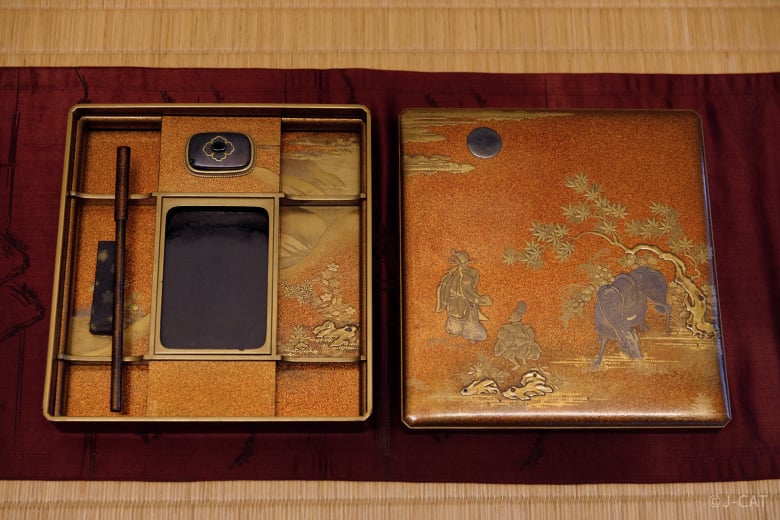

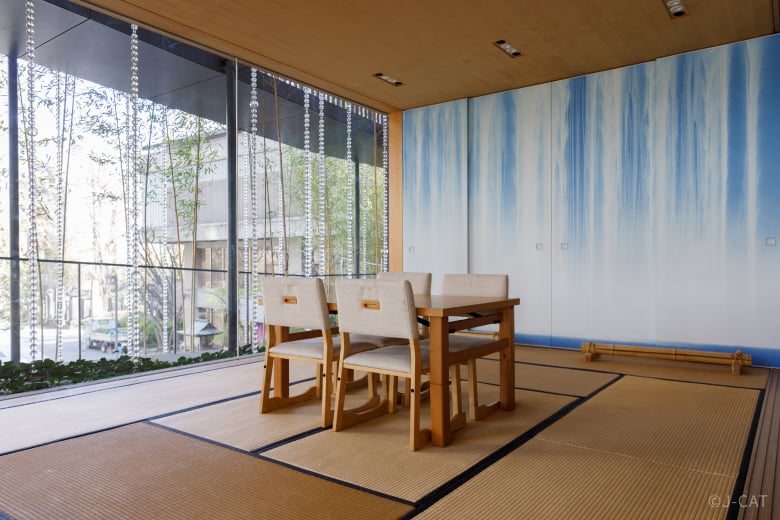
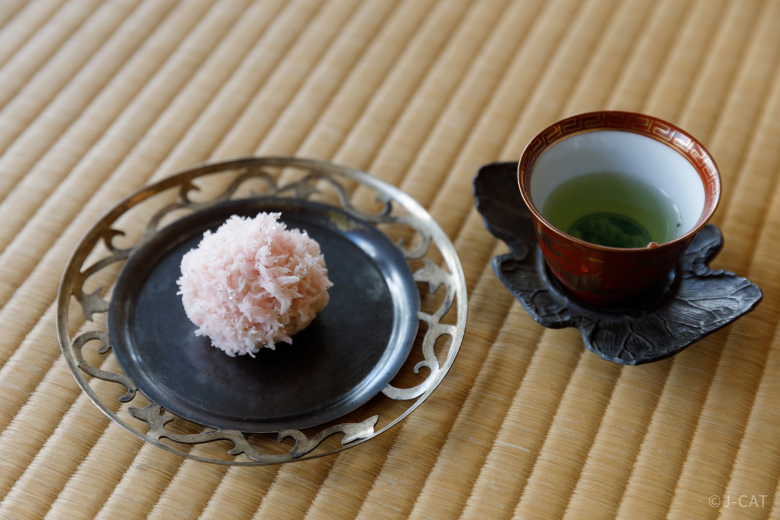
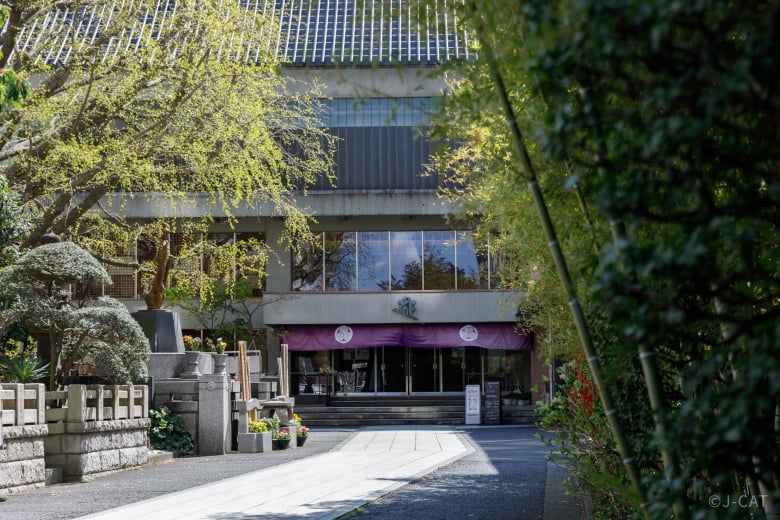


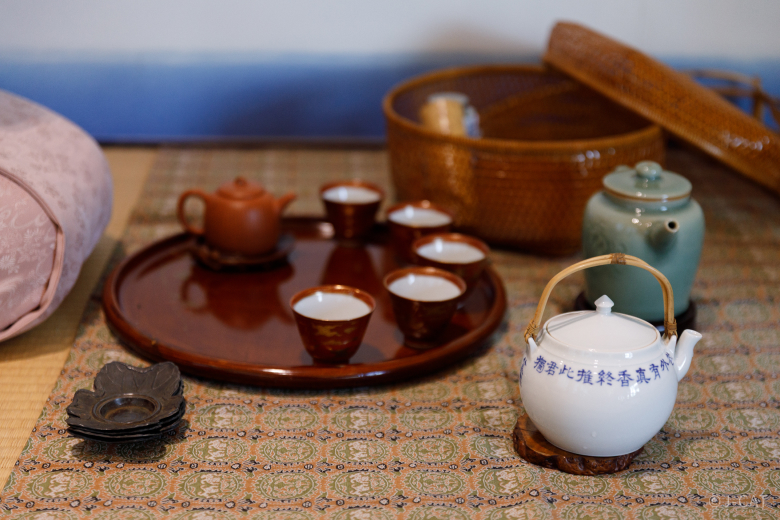
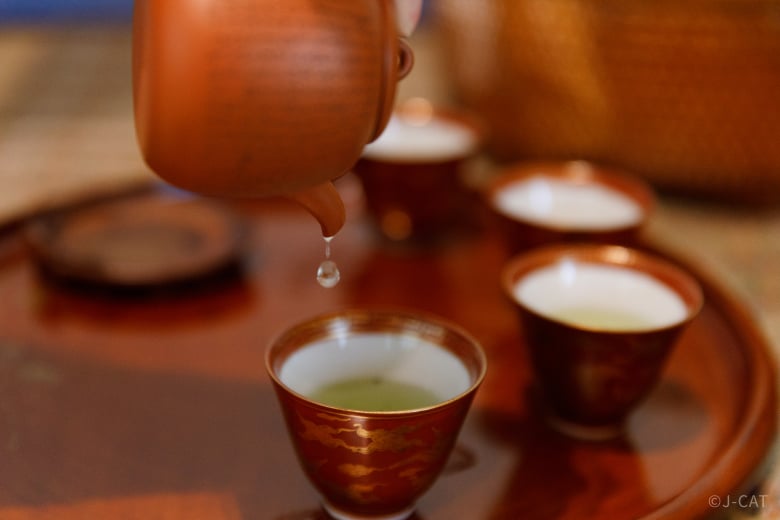
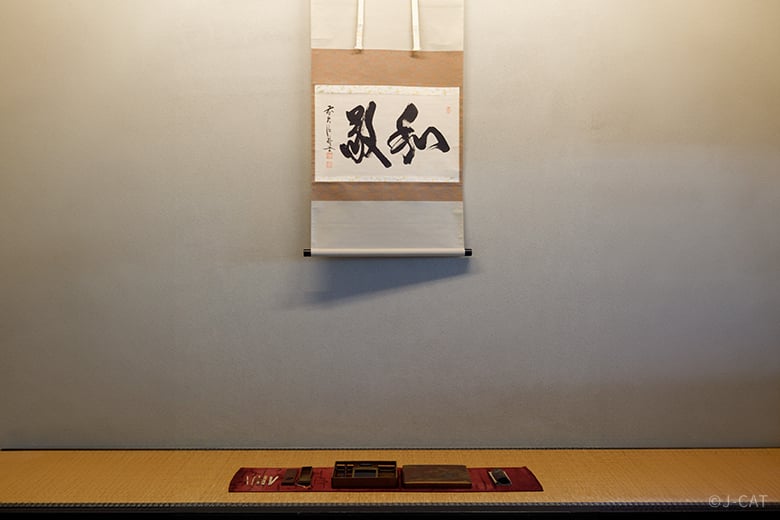
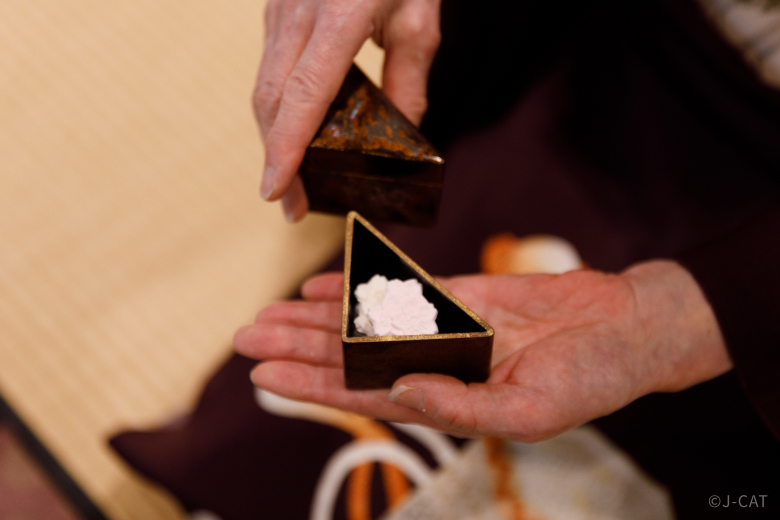
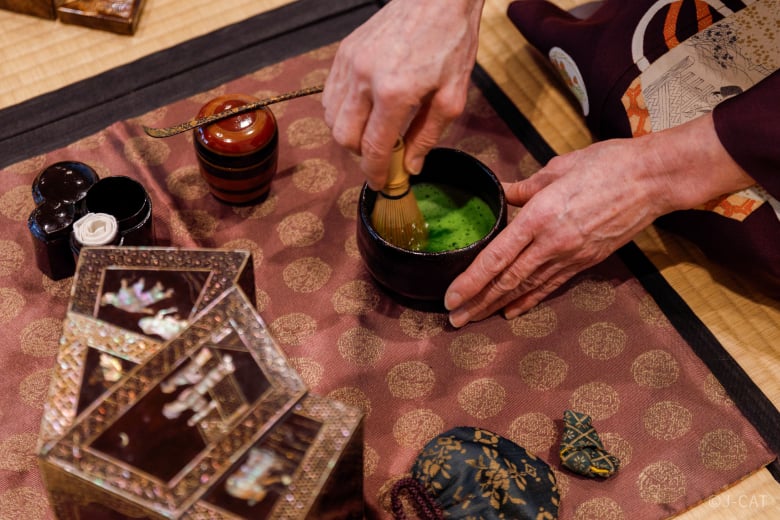

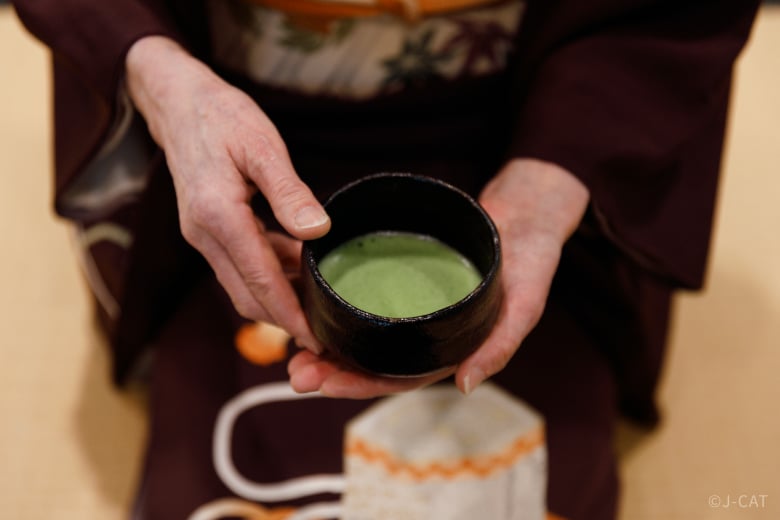
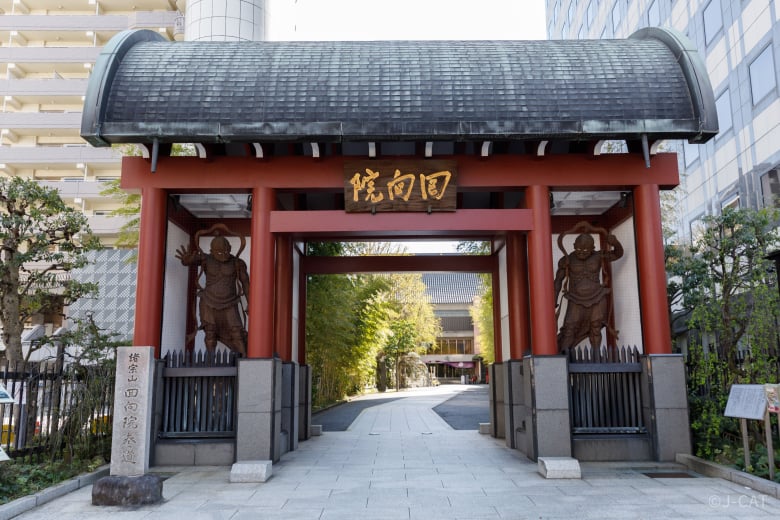
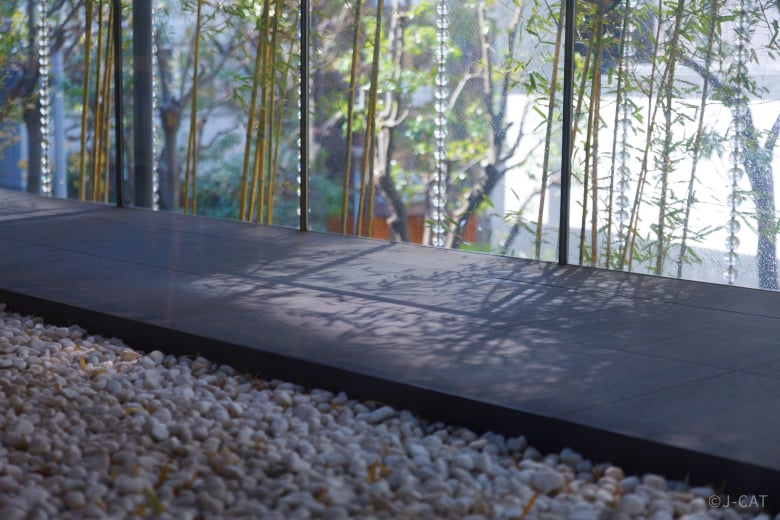




















Overview
This exclusive Wabunka experience led by tea master Hasue Koen provides rare insight into the traditions of the Japanese tea ceremony and its connections with Japanese art and literature. Held within tranquil surroundings in an annex of historic Ekoin Temple, this ceremony will showcase beautiful tea utensils and precious works of art collected by Hasue Koen over the past three decades. Marvel at these works of art as you savor the flavors and aromas of gyokuro tea and fragrant matcha tea, both served with seasonal Japanese sweets.
Key Features
・Participate in a private tea ceremony, one of Japan’s most cherished traditions, conducted using beautiful traditional utensils and ceramics
・Admire Hasue Koen’s personal collection of rare artworks, some of which date back to the Edo Period (1603-1868), imbuing her tea ceremonies with grace and authenticity
・Feel the history of the tea ceremony at Ekoin Temple within a quiet private room inside its Nenbutsudo hall
Tokyo
100mins
from ¥54,000 /person
1 - 10 participants
Available in English
Cancel free up to 4 days prior
Details
Ekoin Temple and the Nenbutsudo: Echoes of Edo in the Midst of Modern Tokyo
Ekoin Temple was erected in 1657 to commemorate those lost in the Great Fire of Meireki, in which over 100,000 residents of Edo (now Tokyo) are thought to have perished, with two-thirds of the city’s buildings destroyed. Ekoin Temple was also destined to play its part in the development of one of the nation’s most cherished traditions. What is now the professional sport of sumo wrestling began with tournaments held intermittently at Ekoin Temple from 1768 to 1909, after which the temple grounds became home to the first indoor sumo stadium in Japan, a predecessor of the current Kokugikan Sumo Stadium in Ryogoku. Sumo wrestlers still visit Ekoin Temple to this day to pray at its Chikara-zuka (Mound of Power) for the strength they need for victory.
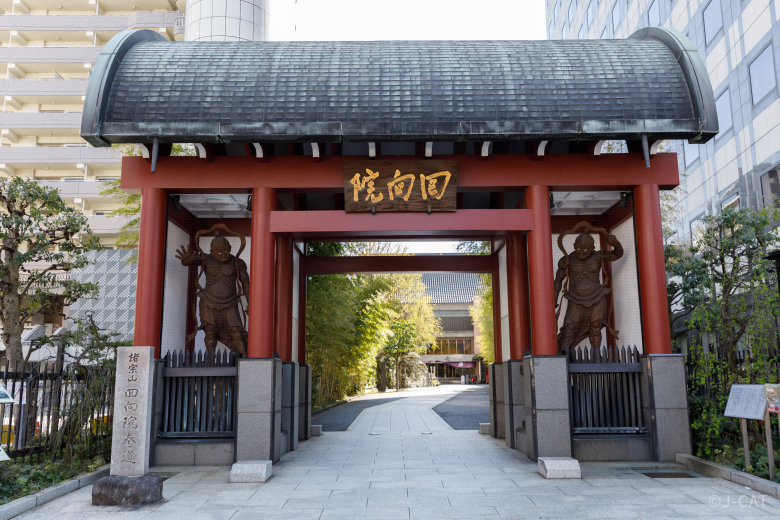
Ekoin Temple in Ryogoku is one of Tokyo’s most historically significant temples
The Nenbutsudo is a devotional hall erected on the grounds of Ekoin Temple in 2013 as a modern annex building to the temple’s older structures. Designed by architect Yutaka Kawahara, the Nenbutsudo blends elements of the natural world including stands of live bamboo with modern takes on traditional structures such as the pagoda, monastery, and shrine. Offering a quiet escape from the busy streets of the capital, the Nenbutsudo is an ideal venue for hosting banquets, exhibitions, tea ceremonies, and other private events. Prior to your tea ceremony experience, a brief guided tour will further illuminate the fascinating history of Ekoin Temple and the Nenbutsudo.
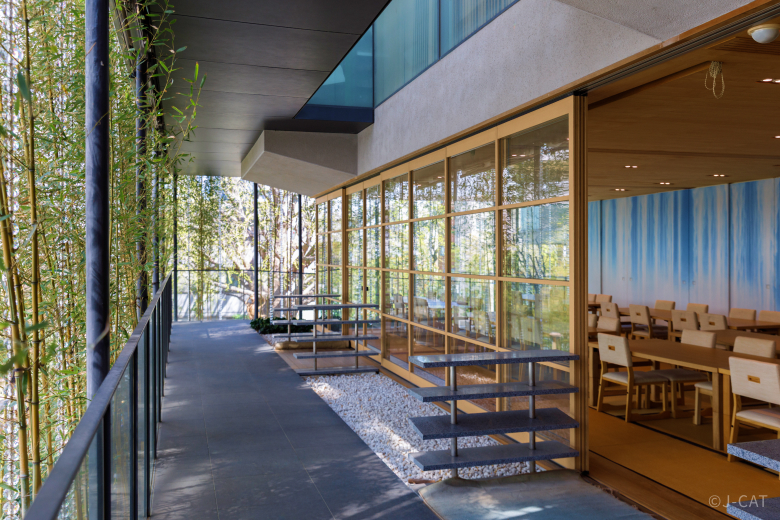
The Nenbutsudo on the grounds of Ekoin Temple possesses a unique blend of traditional and modern aesthetics
Hasue Koen and Her Lifelong Passion for Tea
While she was raised in a house where her mother and grandmother had both studied the tea ceremony (sado), the spark that lit the long-burning candle of Hasue Koen’s passion for tea came at the age of 18. It was at this time that she first began her studies within the Urasenke school, a school of the tea ceremony that traces its roots all the way back to the legendary tea master Sen no Rikyu (1522-1591). The iemoto (Grand Master) of Urasenke when Hasue Koen joined was Sen Soshitsu XV, known for his travels around the world to promote the idea of peace through a cup of tea.

Hasue Koen was inspired at age 18 by Grand Master Sen Soshitsu XV
Young Hasue Koen was so inspired by her studies under Sen Soshitsu XV that she decided to pursue the tea ceremony as an ongoing ambition in her life. She was guided in the subtleties of etiquette and procedure by her immediate teacher Shiotsuki Yaeko, to whom she remains grateful to this day. As well as working diligently to refine proper preparation of the tea, Hasue Koen soon decided that the emphasis should be placed not only on the beauty of the ritual but on letting her guests savor the delicious flavors of the tea itself.
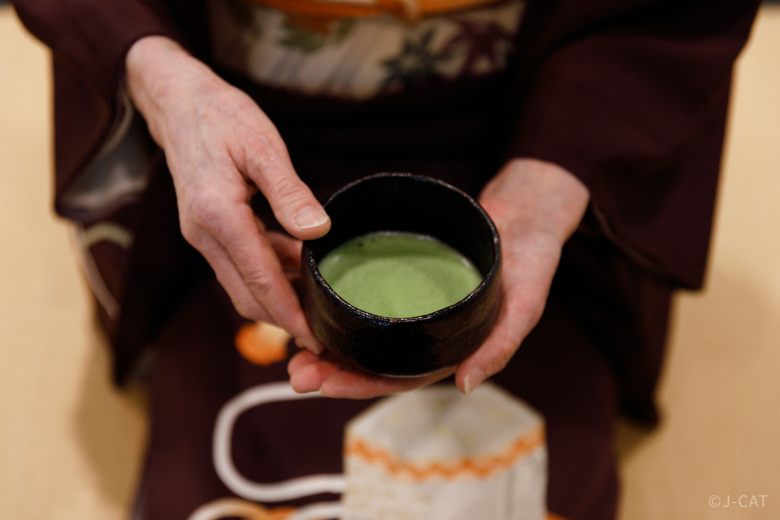
Hasue Koen has honed her skills as a tea master through decades of diligent study and practice
Serving the Finest Tea using a Collection of Beautiful Utensils and Ceramics
The variant of sado (tea ceremony) that Hasue Koen chose to focus most of her energies on is known as senchado. While conventional sado is prepared with matcha, a green powder made from stone-milled tencha leaves, senchado is brewed with leaves that have been picked from the tea bush, then steamed, kneaded, and dried. In senchado ceremonies conducted by Hasue Koen and her longest-serving and most experienced disciples, tea is prepared using high-grade gyokuro tea leaves. Gyokuro leaves are grown in partial shade during the lead-up to harvest, rather than reared under direct sunlight like conventional sencha tea leaves. The flavor of the gyokuro tea leaves is fresh yet rich, sweet yet imbued with hints of umami—not quite like any other tea that you may have tasted before.

Hasue Koen’s senchado makes use of high-grade gyokuro tea leaves
As well as ensuring a memorable favor through using the finest leaves, Hasue Koen also believes in using beautiful implements and ceramics to enhance the whole experience for her guests. The utensils that she requires for brewing the tea are carried in an elegant bamboo basket known as a chabitsu that was woven by a master artisan, with delicate porcelain teacups passed to guests perched on antique tin saucers reminiscent of dark green tea leaves. The tea is served with traditional sweets.

Hasue Koen’s personally curated collection of traditional tea utensils
Tea and Literature: Senchado as Inspiration for Fine Works of Art
While sado gained popularity in the 16th century among the warriors of Japan through the patronage of feudal warlords such as Toyotomi Hideyoshi, senchado has long been associated with the literati of Japanese society. Among poets, painters, and scholars, senchado became a symbol of intellectual freedom, fellowship, and artistry. Natsume Soseki, one of Japan’s best-known modern novelists as the author of Kokoro, Botchan, and I am a Cat, was reportedly fond of gyokuro, even including a description of the tea in his novel The Three Cornered World.
.jpg)
This ornate suzuri-bako is a precious artifact that dates back to the Edo period (1603-1868)
To help you explore the connection between literature, art, and the tea ceremony, Hasue Koen provides several treasured items from her collection such as the beautifully decorated suzuri-bako (inkstone writing box). This box contains calligraphy brushes alongside a suzuri inkstone used for grinding ink sticks and holding the ink within a small reservoir. The interior and exterior of the box are adorned with scenes from The Tale of Heike, an epic poem that is one of Japan’s most famous works of medieval literature. These vibrant images were created using the traditional Japanese technique of maki-e, which involves sprinkling gold powder onto the layers of lacquer used to coat the box.
Matcha Prepared with Traditional Tea Utensils from an Ornate Antique Tea Box, Served with Seasonal Japanese Sweets
As well as senchado, Hasue Koen will explain to you the more conventional tea ceremony known specifically as sado, which uses powdered green tea (matcha). For such ceremonies conducted by practitioners from the Urasenke school, the tea utensils and the tea itself may be carried in a small rectangular tea box known as a chabako. The chabako used by Hasue Koen is a stunning piece of artistic craftsmanship decorated with scenes from the ancient Japanese story The Tale of the Bamboo Cutter depicted in black lacquer and mother of pearl. The tea utensils contained inside were meticulously selected by Hasue Koen from her collection to fit perfectly into the contours of the box and create this unique one of a kind chabako.
.jpg)
The matcha will be brewed using implements carried in a gorgeous traditional chabako tea container
The matcha, when brewed, will be served along with traditional Japanese sweets specially selected based on the time of year. As you sip the rich fragrant tea amidst the serenity of the setting, take a moment to relax and engage in some warm conversation with Hasue Koen in the true spirit of Japanese hospitality.
.jpg)
Each serving of matcha comes with a delicately crafted traditional Japanese sweet
Experience the Timeless Tradition of the Tea Ceremony with Hasue Koen at Ekoin Temple
Stepping off the bustling streets of Tokyo into the quiet sanctuary of Ekoin Temple, you will experience a sense of calm and contemplation. The temple’s bamboo-veiled Nenbutsudo hall with its spacious yet intimate tatami room offers guests the perfect space to slow down and step into the timeless world of a traditional tea ceremony conducted by tea master Hasue Koen, including beautifully decorated implements and incomparably delicious tea.
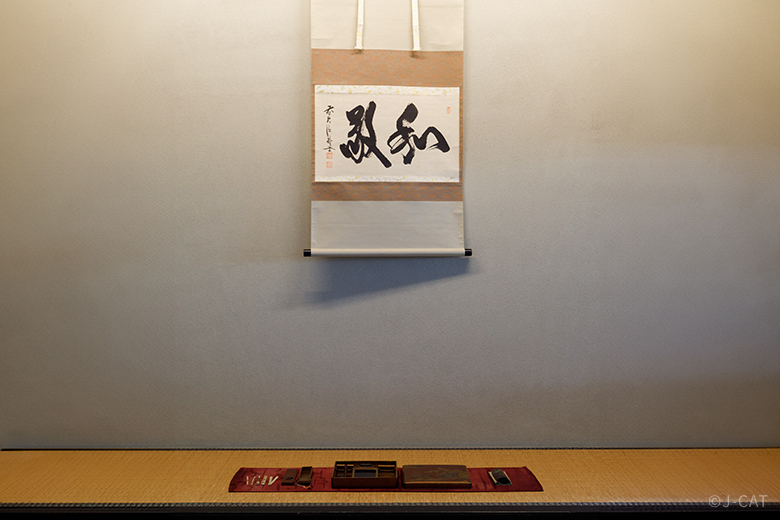
Slip into a quiet space and contemplate art, literature, and the timeless tradition of the tea ceremony
Ekoin Temple Nenbutsudo / Hasue Koen
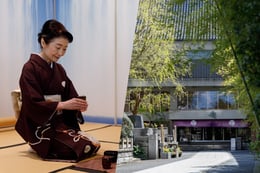
Ekoin Temple Nenbutsudo / Hasue Koen
Hasue Koen
Hasue Koen has been practising the art of the Japanese tea ceremony for well over 50 years, ever since the ritual first captured her imagination at the age of 18. Along with delicious, meticulously prepared tea, Hasue Koen enjoys showing guests her collection of exquisite tea utensils and ceramics, as well as other works of art made by master artisans. In doing so, she hopes to inspire others to continue the proud legacy of the Japanese tea ceremony.
Ekoin Temple Nenbutsudo
The Nenbutsudo is a devotional hall located on the grounds of the historic Ekoin Temple in Ryogoku, close to the eastern banks of the Sumida River. The hall was completed in 2013 as a modern counterpart to the temple’s ancient monuments and structures. Combining the natural beauty of live bamboo with modern renditions of Buddhist aesthetics, the Nenbutsudo devotional hall is an oasis of serenity amidst the bustle of the city.
Location
Ekoin Temple Nenbutsudo
Sumida Ward, Tokyo
Request for booking
Select first preferred date (JST)
December 2025
Sun
Mon
Tue
Wed
Thu
Fri
Sat

Instant Booking

Request Booking

17
Full

17
Unavailable
Tokyo
100mins
from ¥54,000 /person
1 - 10 participants
Available in English
Cancel free up to 4 days prior
Things to know
Contact Us
If you have any questions, please contact us using the form below.
We also accept bookings from corporate clients and travel agencies.